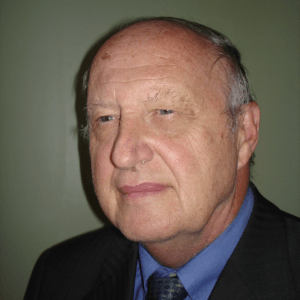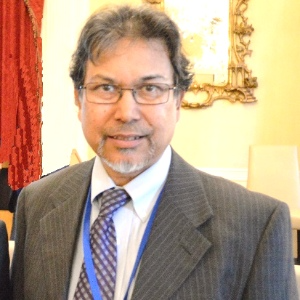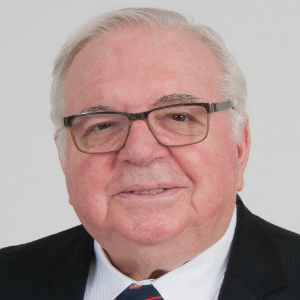Polymers are the primary component of a broad variety of synthetic or semi-synthetic materials known as plastics. Plastics may be moulded, extruded, or pressed into solid objects of diverse forms because to their plasticity. Its extensive use is a result of its versatility as well as a variety of other qualities, including being portable, strong, flexible, and reasonably priced to create. Typically, plastics are produced using human industrial systems. However, more recent industrial processes employ variations created from renewable resources, including derivatives of corn or cotton. The majority of modern plastics are made from chemicals based on fossil fuels, such as natural gas or petroleum. In an effort to allay environmental worries at the end of the 20th century while continuing to make virgin plastic and shifting the blame for plastic pollution onto consumers, the plastics sector pushed recycling. At the time, the major plastics-producing businesses questioned the economic sustainability of recycling, and the situation hasn't changed. Because it is so difficult to clean and sift post-consumer plastics today for efficient reuse, plastic collecting and recycling is mainly unsuccessful. The majority of plastic created has not been recycled; instead, it has either been dumped in landfills or is still contaminating the environment. For example, plastic pollution may be found in all of the world's main water bodies, causing waste patches in all of the seas and polluting terrestrial environments.

Ephraim Suhir
Portland State University, United States
Thomas J Webster
Interstellar Therapeutics, United States
Robert Buenker
University of Wuppertal, Germany
Will Skene
Montreal University, Canada
Valeriy A Buryachenko
Micromechanics & Composites LLC, United States
Anis Rahman
Applied Research & Photonics, Inc, United States
Will Skene
Montreal University, Canada
Robert Guidoin
Laval University, Canada
Robert Buenker
University of Wuppertal, Germany


Title : Introducing picotechnology: An exciting extension of nanotechnology
Thomas J Webster, Interstellar Therapeutics, United States
Title : The failure of both einsteins space-time theory and his equivalence principle and their resolution by the uniform scaling method
Robert Buenker, University of Wuppertal, Germany
Title : Material challenges with proton conducting ceramics for intermediate temperature hydrogenation/dehydrogenation applications
Saheli Biswas, Commonwealth Scientific and Industrial Research Organisation, Australia
Title : Porphyrin layers at metal-electrolyte interfaces monitored by EC-STM and CV
Marek Nowicki, University of Wroclaw, Poland
Title : Color control of electrochromes by structural modification
Will Skene, Montreal University, Canada
Title : Make experiments more efficient: Two simple and powerful approaches. Mg2Si growth for photovoltaic and thermoelectric applications
Alexander S Gouralnik , Institute of Automation and Control Processes, Russian Federation
Title : Reconfigurable antenna structures using tunable materials
Nasimuddin, Institute for Infocomm Research, Singapore
Title : (0, 1 and 2) Dimensional hybrid architecture of the synthesized materials leads the smart sensing of the gaseous species at low/room temperature
D R Patil, North Maharashtra University, India
Title : Enhanced grain refinement, precipitates regulation, and improved mechanical properties of cast Al-Li alloy by Ti addition and heat treatment
Lixiong Shao, Shanghai Jiao Tong University, China
Title : Broadband sound attenuation of shape memory polymer with triangular-honeycomb unit cell metamaterial structural design
Musaab Ejaz, Universiti Teknologi PETRONAS (UTP), Malaysia